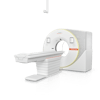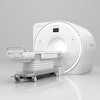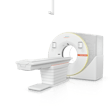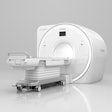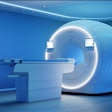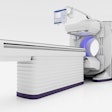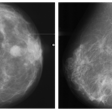Monday, November 28 | 3:00 p.m.-4:00 p.m. | M7-SSIR01-6 | Room E351
The context for this presentation is a recent marked increase in the use of interventional radiology (IR) in U.S. veterans with hepatocellular carcinoma (HCC). The researchers asked, "Is it having an impact on overall survival for these patients?"A group at Stanford University culled data on HCC patients in the VHA's database who underwent ablation, radioembolization, or chemoembolization. They split the patients into two groups: Group A consisted of patients diagnosed from 2006 to 2011 and group B was made up of patients diagnosed from 2012 to 2017 to predate use of newer systemic therapies and allow for five-year follow-up of both groups.
According to the findings, interventional radiology clinic/procedure visits for HCC patients increased nationwide from 736 in 2006 to 9,535 in 2019. Analysis revealed that group B had an increase in median overall survival: 766 days compared with 496 days for group A (p < 0.0001).
"While the increase in [overall survival] is likely multifactorial, the correlation with increasing IR services requires further exploration," noted resident Dr. Lynne Martin, who will present the findings.

